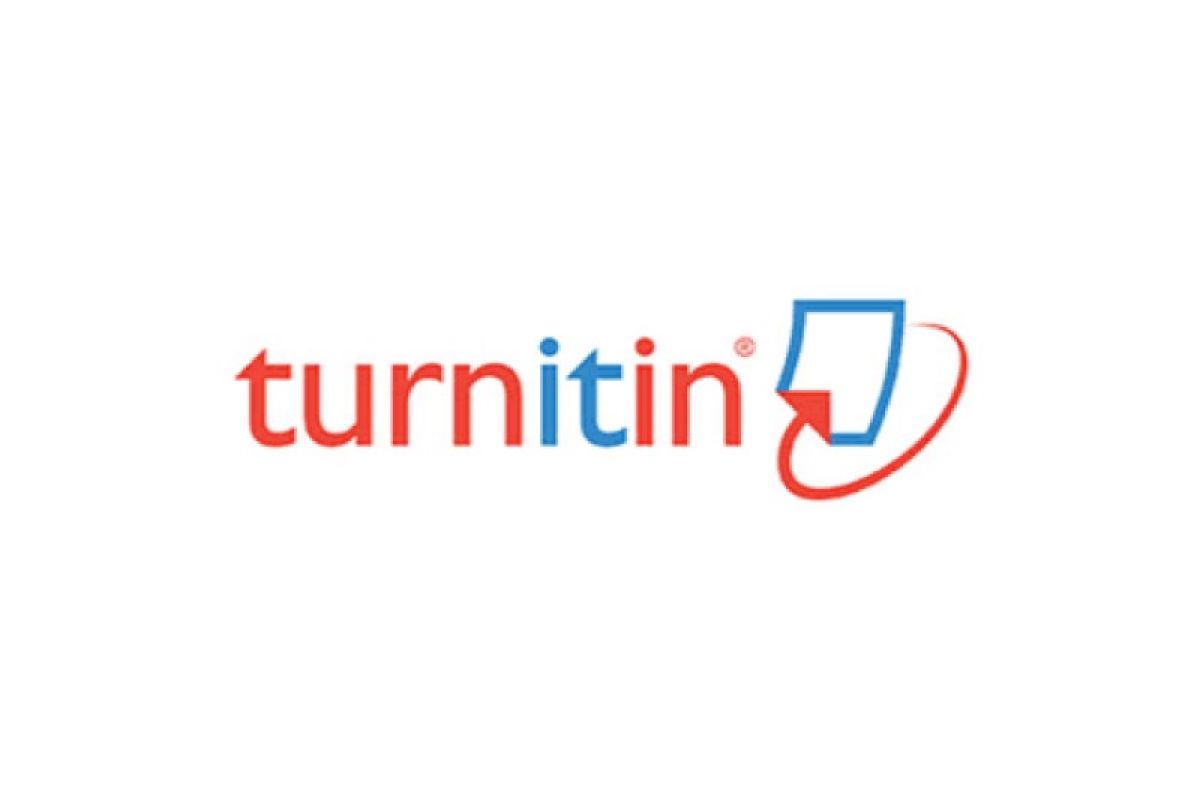THE INFLUENCE OF PICK-UP TIME ON CUSTOMER SATISFACTION IN RIDE-HAILING PLATFORMS
DOI:
https://doi.org/10.46369/logistik.v15i1.4225Keywords:
Pick-up Time, Customer Satisfaction, Customer Loyalty, Ride HailingAbstract
In the rapidly growing digital transportation industry, customer satisfaction and loyalty are key determinants of long-term platform success. This study investigates the influence of pick-up time on customer satisfaction and its subsequent effect on customer loyalty within ride-hailing services in Indonesia. Using a quantitative approach, data were collected from 325 active users of ride-hailing platforms such as Gojek and Grab through an online questionnaire. Pick-up time was analyzed as the independent variable, customer satisfaction as the mediating variable, and customer loyalty as the dependent variable. The results, analyzed through multiple regression and mediation analysis using the PROCESS macro in SPSS, reveal that longer pick-up times significantly reduce customer satisfaction. Furthermore, customer satisfaction was found to positively and significantly affect customer loyalty. The mediation analysis confirmed that satisfaction fully mediates the relationship between pick-up time and loyalty, indicating that operational performance indirectly influences user retention through affective evaluations. These findings underscore the critical role of efficient service logistics in digital mobility platforms and suggest that ride-hailing companies should focus on minimizing delays and managing customer expectations to sustain competitive advantage. The study contributes to the limited literature on operational factors in platform-based services and offers practical recommendations for enhancing service responsiveness and user engagement in emerging markets.
References
Dube-Rioux, L., Schmitt, B. H., & Leclerc, F. (1989). Consumers' reactions to waiting: When delays affect the perception of service quality. Advances in Consumer Research, 16, 59–63.
Heale, R., & Twycross, A. (2015). Validity and reliability in quantitative studies. Evidence-based nursing, 18(3), 66–67. https://doi.org/10.1136/eb-2015-102129
Hulin, C., Netemeyer, R., & Cudeck, R. (2001). Can a Reliability Coefficient Be Too High. Journal of Consumer Psychology, 10, 55-58. https://doi.org/10.1207/S15327663JCP1001&2_05
Li, Z., Hong, Y., & Zhang, Z. (2020). Do ride-sharing services affect traffic congestion? Evidence from Uber entry. Journal of Marketing Research, 57(3), 435–451. https://doi.org/10.1177/0022243720908613
Mittal, V., & Kamakura, W. A. (2001). Satisfaction, repurchase intent, and repurchase behavior: Investigating the moderating effect of customer characteristics. Journal of Marketing Research, 38(1), 131–142. https://doi.org/10.1509/jmkr.38.1.131.18832
Oliver, R. L. (1980). A cognitive model of the antecedents and consequences of satisfaction decisions. Journal of Marketing Research, 17(4), 460–469. https://doi.org/10.2307/3150499
Parasuraman, A., Zeithaml, V. A., & Berry, L. L. (1988). SERVQUAL: A multiple-item scale for measuring consumer perceptions of service quality. Journal of Retailing, 64(1), 12–40.
Pramudita, A. S. & Guslan, D. (2025). The Impact of Logistics Service Quality on Consumer Satisfaction in E-Commerce Distribution Channels in Indonesia. The Journal of Distribution Science, 23(2), 109-118, https://doi.org/10.15722//jds.23.02.202502.109
Rosen, A., Bailey, J., & Roth, R. (2021). Customer perceptions of waiting in digital service channels. Service Science, 13(2), 89–101. https://doi.org/10.1287/serv.2021.0274
Tan, H. W., & Lim, W. Y. (2020). Factors influencing loyalty in ride-hailing apps: A Malaysian perspective. Journal of Retailing and Consumer Services, 54, 102035. https://doi.org/10.1016/j.jretconser.2019.102035
Zhao, X., Deng, S., & Zhou, Y. (2019). The influence of service quality and customer satisfaction on customer loyalty in ride-hailing platforms. Transportation Research Part C: Emerging Technologies, 107, 145–164. https://doi.org/10.1016/j.trc.2019.08.020









